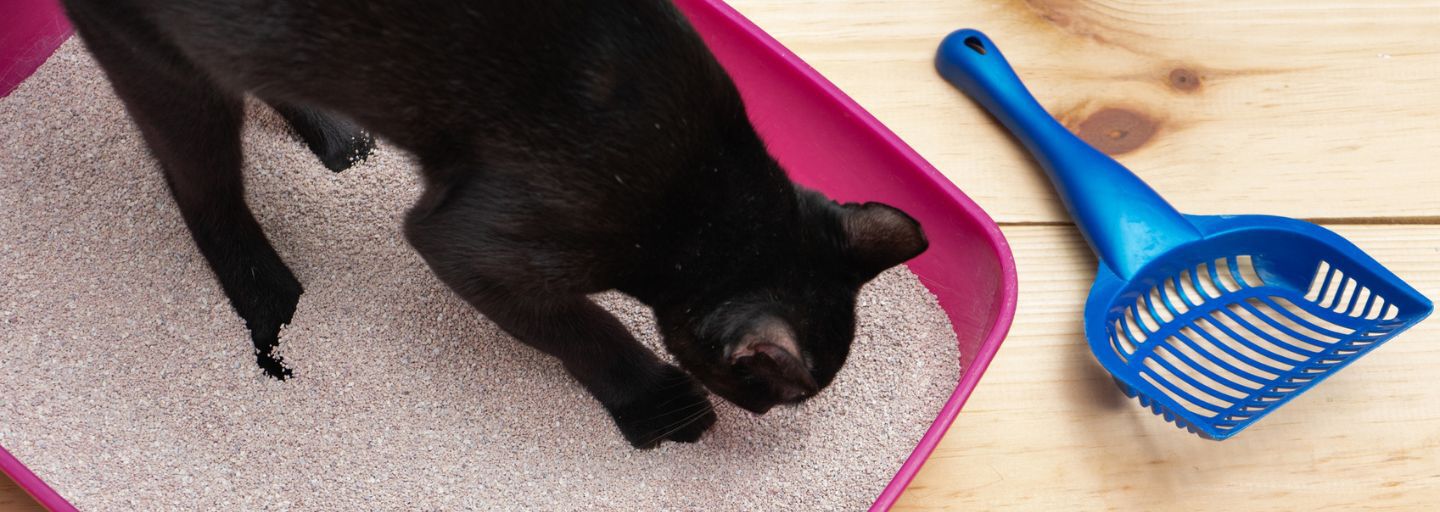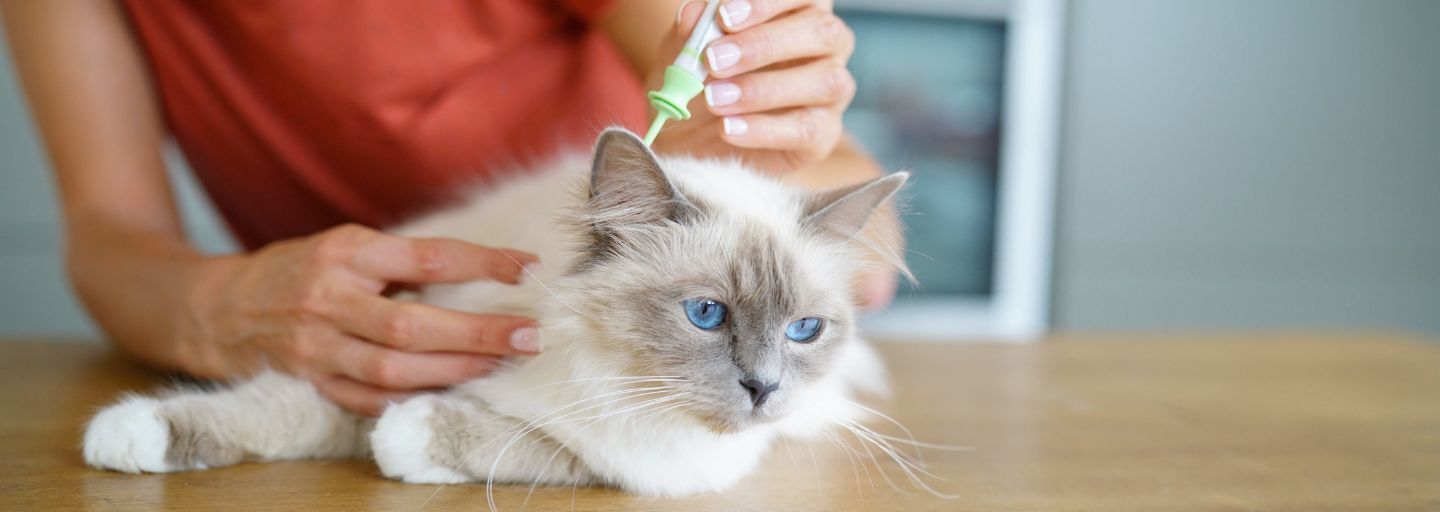As puzzling as it may be, some cats simply enjoy digging and playing in their litter boxes. Most of the time, this is normal behaviour for cats. However, there are instances when scratching in the litter box becomes excessive and may indicate an underlying issue. If you find yourself in this situation, before reaching for the earplugs, it's important to consider that something might be frustrating your cat. Here are a few questions to ask yourself:
1. Is there enough litter in the box?
2. Is the litter box big enough for your cat?
3. Is the litter box kept clean and free of waste?
4. Is the litter box located in a calm and private area of your home?
If you answered "yes" to all of the above questions and your cat is still exhibiting excessive scratching behaviour, it's possible that your cat may not like the type of litter you are using. Cats can have different preferences when it comes to litter, so it may be worth trying a different type of litter to see if it makes a difference. There are various types of litter available, such as clumping, non-clumping, scented, and unscented. Experimenting with different options may help determine what your cat prefers.
In addition to the questions mentioned above, there are a few more factors to consider when it comes to your cat's litter box behaviour.
One important aspect is the number of litter boxes available in your home. It is generally recommended to have one litter box per cat, plus an extra one. This ensures that each cat has enough space and options to use the litter box comfortably.
Another factor to consider is the type of litter box you are using. Some cats prefer open litter boxes, while others prefer covered ones. It's worth experimenting with different styles to see which one your cat prefers. Additionally, the depth of the litter in the box can also make a difference. Cats generally prefer a litter depth of around 2-3 inches.
It's also important to note that stress or anxiety can contribute to excessive scratching in the litter box. Cats are sensitive creatures, and changes in their environment or routine can affect their behaviour. If you have recently moved, introduced a new pet, or made any significant changes in your home, it's possible that your cat is feeling stressed. Providing a calm and private location for the litter box can help alleviate some of this stress.
In some cases, excessive scratching in the litter box can be a sign of a medical issue. Urinary tract infections, bladder stones, or other health problems can cause discomfort and lead to changes in litter box behaviour. If you notice any other signs such as frequent urination, blood in the urine, or straining to urinate, it's important to seek veterinary attention promptly.
If nothing seems to ease your cat's urge to scratch excessively, it is advisable to consult with your veterinarian. They can provide further guidance and evaluate if there are any underlying medical issues contributing to this behaviour. Your vet may recommend additional steps or interventions to address the issue.



